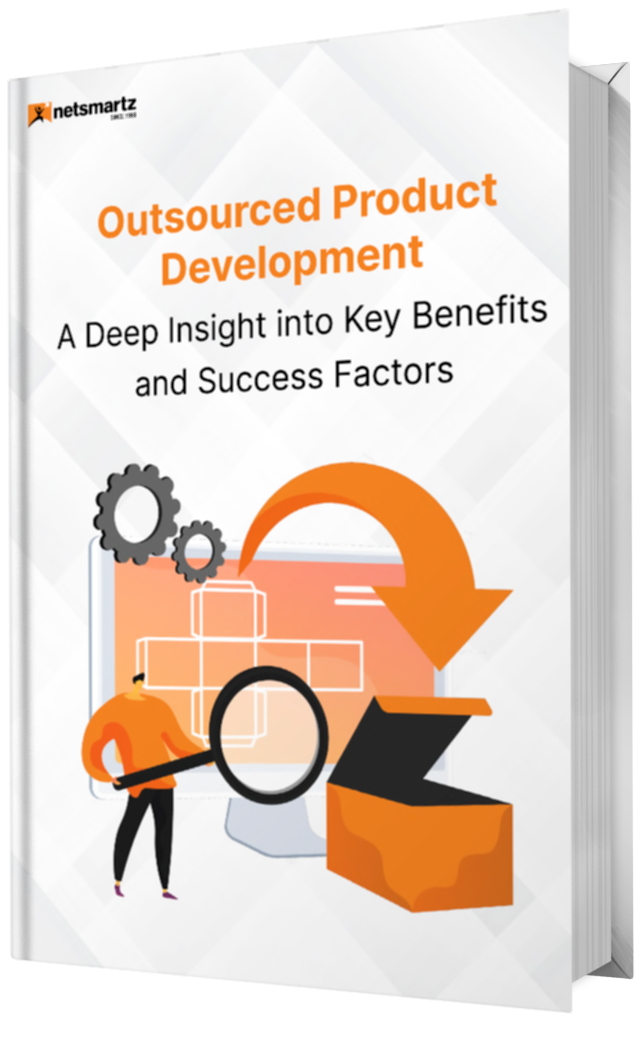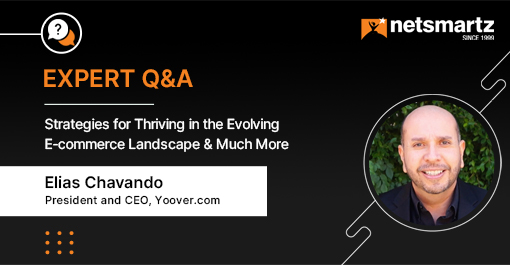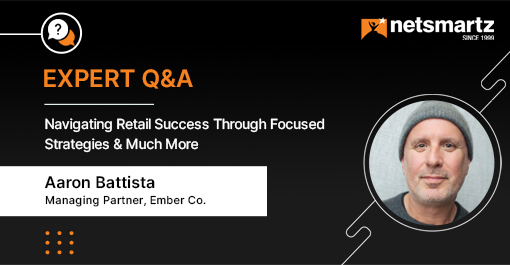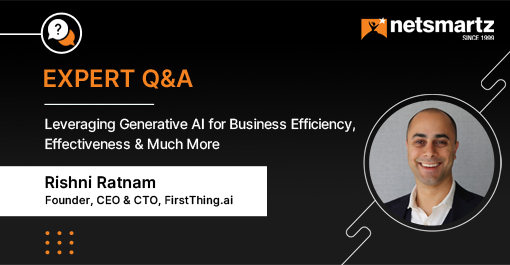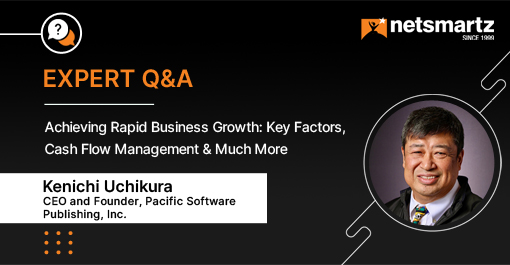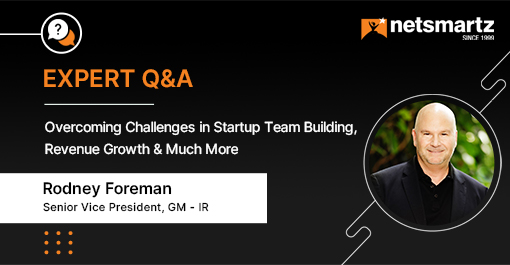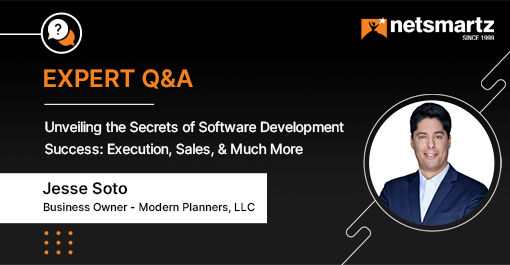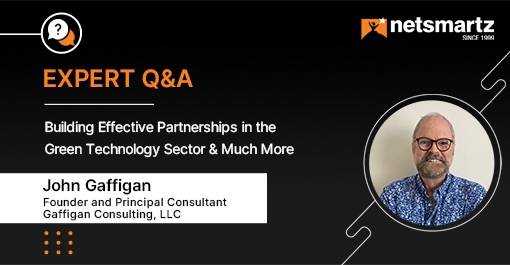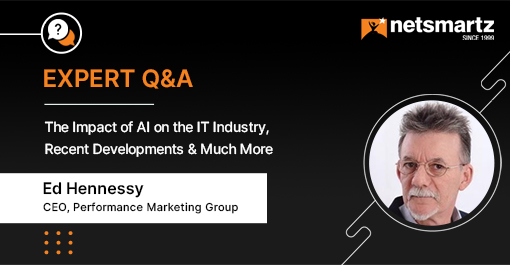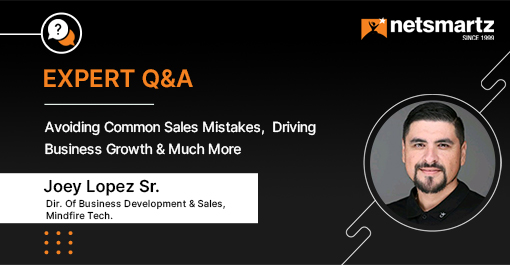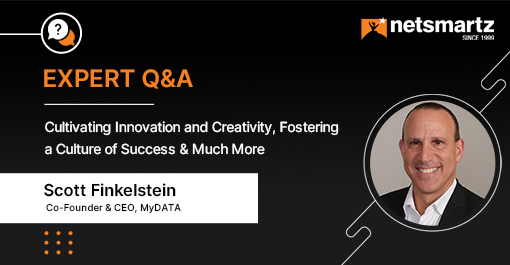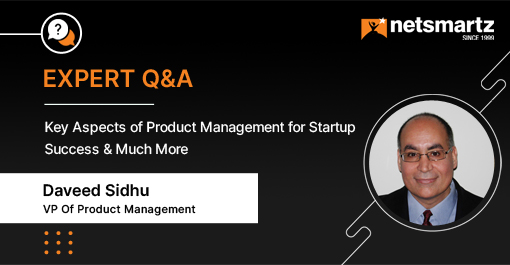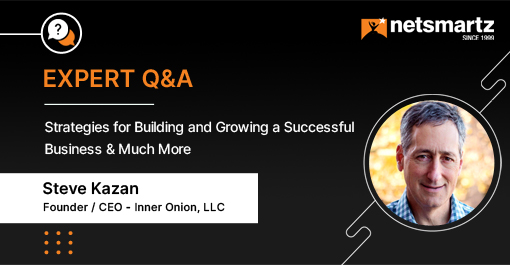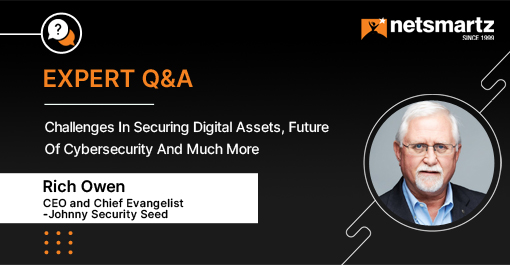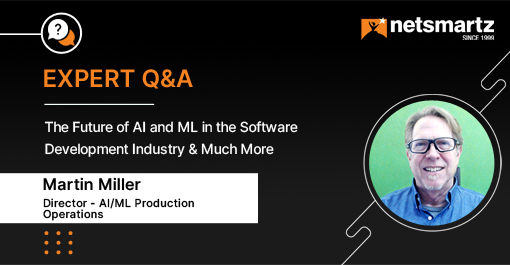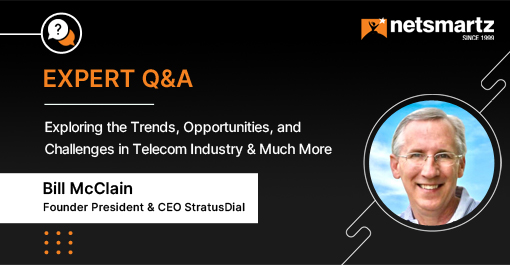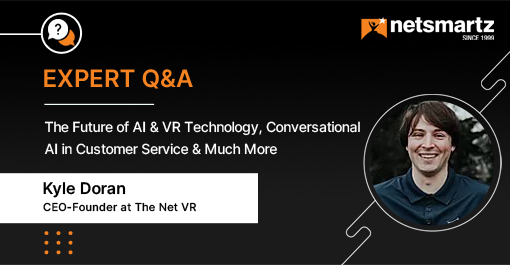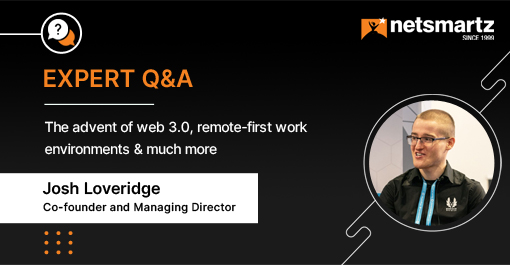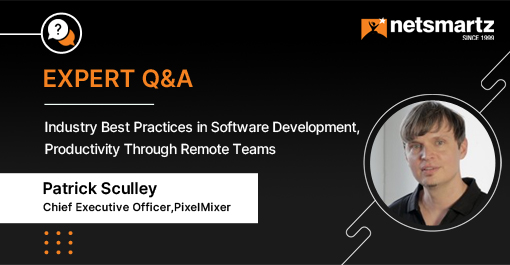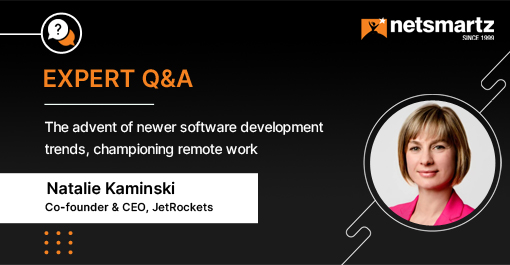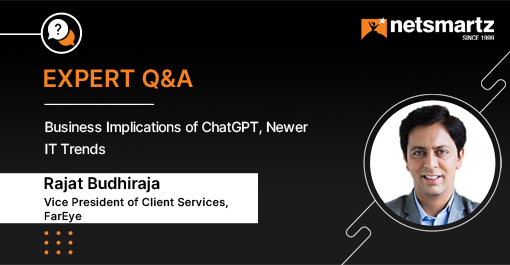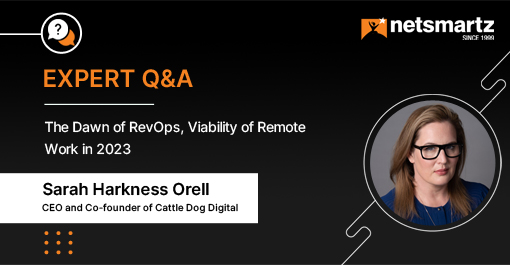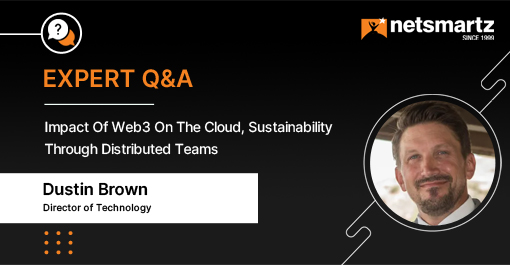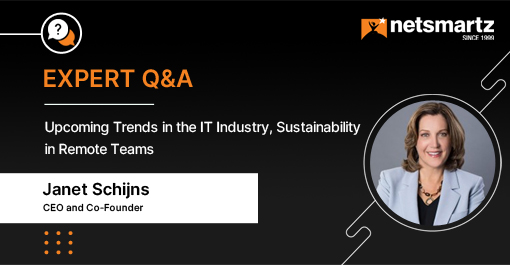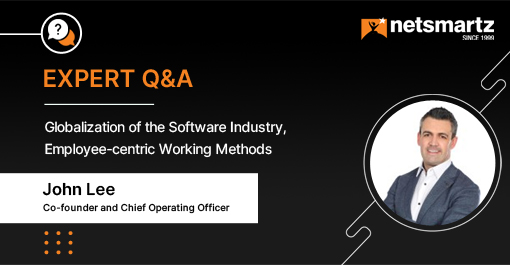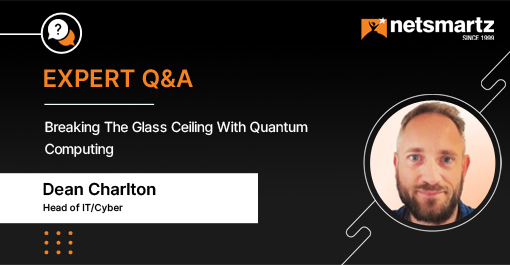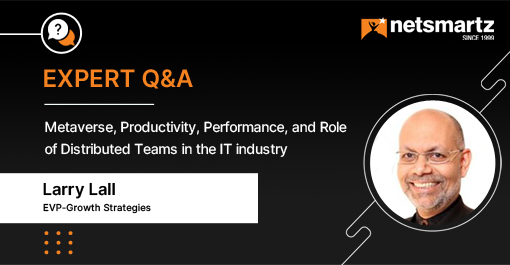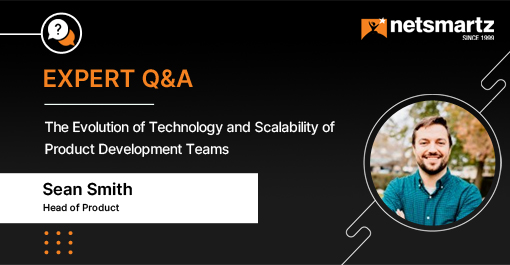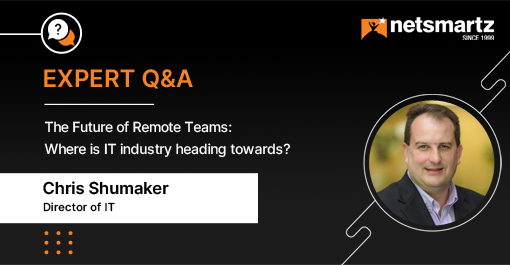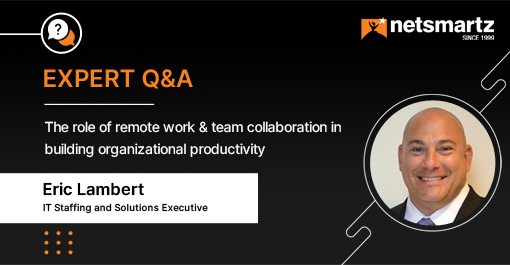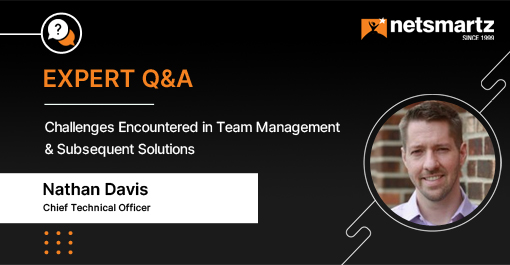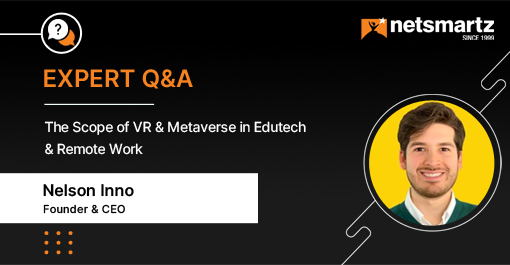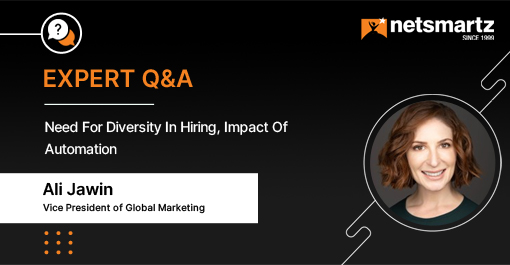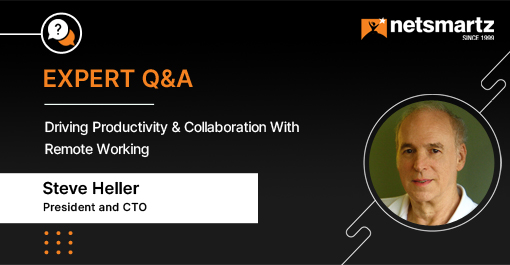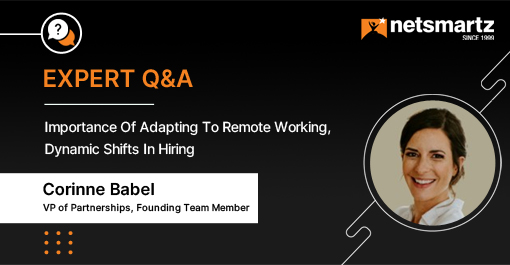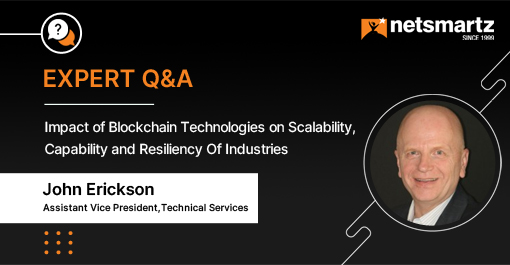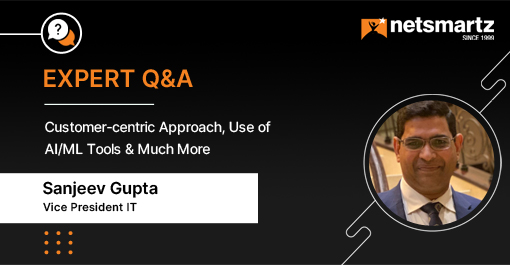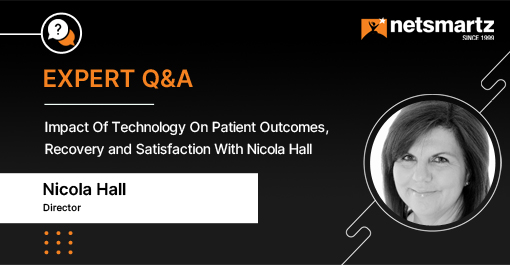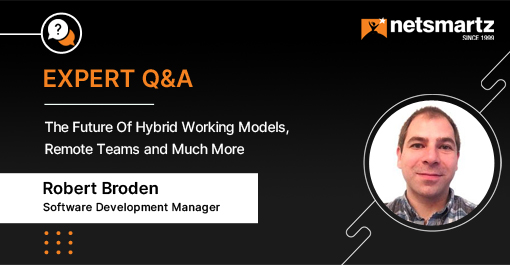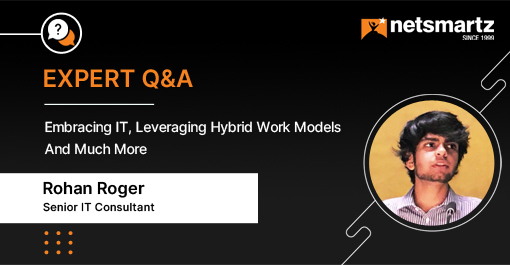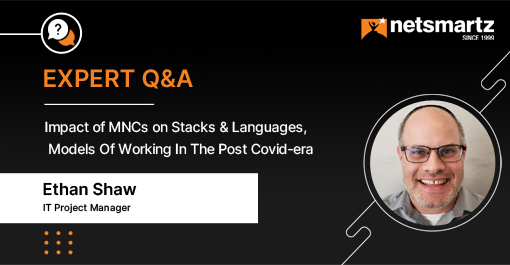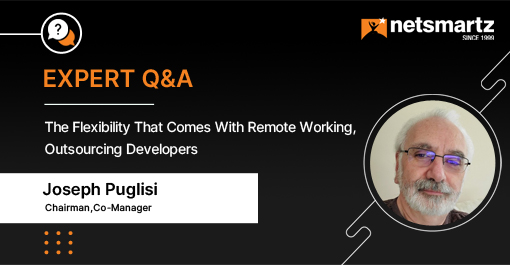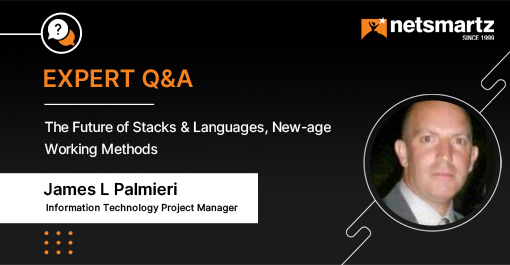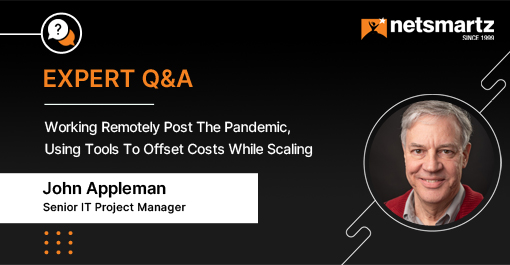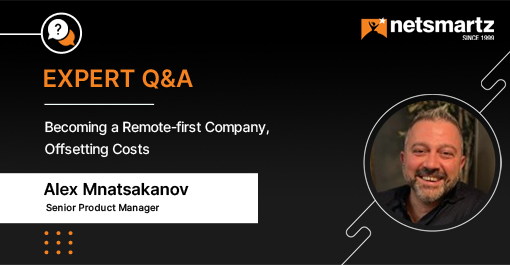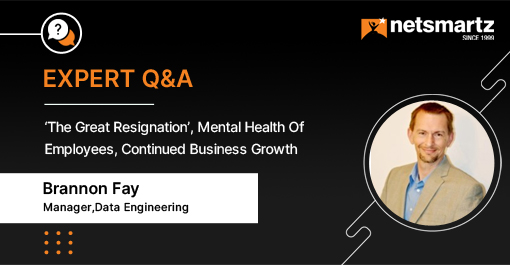The Future of AI and ML in the Software Development Industry & Much More
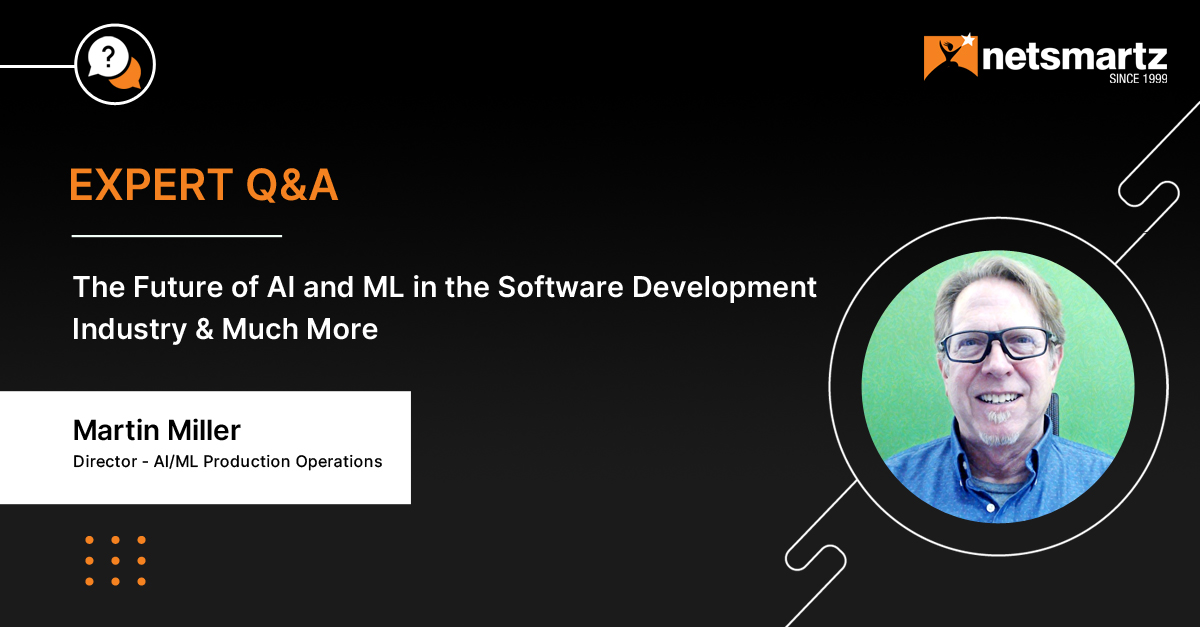
Artificial Intelligence (AI) and Machine Learning (ML) are rapidly transforming the software development industry, providing new opportunities for innovation and optimization. However, as with any new technology, there are also challenges that must be addressed, including ethical concerns and potential biases.
To gain insight into the future of AI and ML and their impact on the software development industry, we reached out to Martin Miller, an expert in AI and ML. In this expert Q&A, Martin shares his perspectives on the challenges facing the development and deployment of AI and ML systems, how to ensure ethical use, and how the relationship between AI and human intelligence is evolving.
Keeping on reading to learn his insights!
Want to contribute to our expert insights?
Contact Us About Martin Miller
About Martin Miller
He specializes in delivering effective solutions and enhancing user experience and service delivery. With expertise in code-complete design and development, enterprise architecture, deployment, data security, and compliance, they bring valuable process and building knowledge. He also has extensive experience in areas such as framework and improved processes for continuous improvement, global cloud solutions, data science at scale with machine learning, model ops, MLOps, security, cloud and service architecture, operations and site reliability, product development, product management, technical due diligence, process optimization, board advisory, and technical advisory.
1. How do you see the future of Artificial Intelligence (AI) and Machine Learning (ML) impacting the software development industry in the next 5-10 years?
In the next 5-10 years, I believe that the impact of AI and ML on the software development industry will be significant. One of the most notable changes will be the lowering of the barrier to solution creation. As more citizen data science resources become available, developers will be able to access more effective early proof-of-concept/proof-of-value, which will help streamline the development process and speed up the delivery of new software solutions. This means that more people will be able to contribute to the development process, and the industry will become more democratized.2. What are some of the biggest challenges facing the development and deployment of AI and ML systems, and how can these challenges be addressed?
The development and deployment of AI and ML systems face several significant challenges. One of the most critical is the need for clear and measurable KPIs that are linked to the AI initiative. Without these, it can be challenging to understand whether the system is performing as expected, which can lead to a lack of trust and adoption. To address this challenge, stakeholder education is critical. It’s essential to understand how to enable and realize the critical elements of a successful ML implementation as a continuum. This includes developing a clear understanding of the intended business outcomes and creating a data-centric culture that supports informed decision-making, automated processes, and model retraining on a measured outcome basis.3. What’s your advice to ensure the ethical use of AI and ML, and what measures can be taken to prevent bias and discrimination in algorithmic decision-making?
Ensuring the ethical use of AI and ML is critical to prevent bias and discrimination in algorithmic decision-making. It’s important to understand that these systems are only as good as the data they are trained on, and biased data can lead to biased outcomes. To address this, it’s essential to develop a clear understanding of the intended business outcomes and create a data-centric culture that supports informed decision-making. This includes reviewing and retraining models based on measured outcomes and developing a process to address any bias that is identified. Ultimately, transparency, accountability, and a commitment to ethical use should guide all AI and ML decision-making.4. How do you see the relationship between AI and human intelligence evolving in the coming years, and what implications does this have for the future of work?
Looking ahead, I believe that the relationship between AI and human intelligence will continue to evolve in the coming years. The relationship between AI and human intelligence is evolving, and this has implications for the future of work. One of the most notable changes is the ability to create better-than-human experiences in areas where solutions are systemically broken. This means that AI and ML can help to automate tasks that are time-consuming or error-prone, freeing up humans to focus on higher-level tasks. Another significant change is the link between solutions for hyper-automation and the way that enterprises develop internal solutions with more innovation enablement. Ultimately, digital upskilling for all is a requirement to achieve these changes, ensuring that everyone can adapt and thrive in an increasingly AI-driven world. Wrapping Up
Wrapping Up
The future of AI and ML in the software development industry is promising, but it requires careful consideration of the potential risks and challenges. By addressing these challenges and fostering a culture of ethical use and accountability, we can unlock the full potential of these technologies and drive innovation and success in the years to come.
We hope that this Q&A with Martin Miller has provided valuable insights into the future of AI and ML and their impact on the software development industry. Overall, this Expert Q&A was refreshing. As much as we enjoyed reading it, we hope you will find it insightful as well.

Are You An Influencer?
Make Your Mark as a Thought Leader
We invite industry influencers to participate in our Q&A panel, offering the audience valuable insight into cutting-edge technology trends, platforms, and more.




